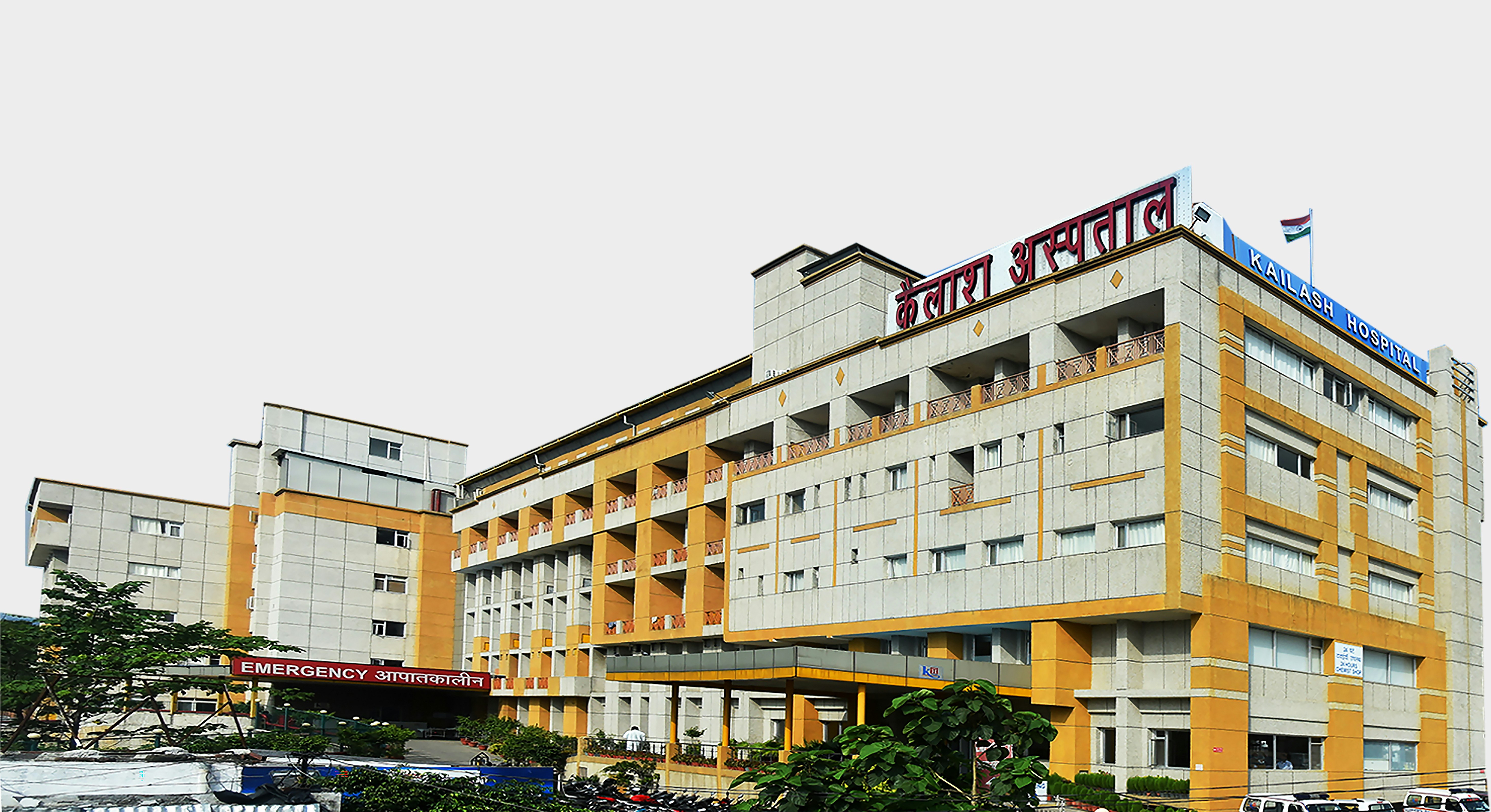Autism Testing Centers In Michigan [ Where To Get Tested]

Getting tested for autism can be a life-changing step — whether you're a parent searching for answers about your child, a teen facing social or academic challenges, or an adult trying to make sense of lifelong experiences.
Autism testing isn’t about labeling — it’s about understanding. When you understand how someone thinks, communicates, and responds to the world, you can unlock support, therapies, and services that improve everyday life.
In Michigan, you’ll find a wide range of autism evaluation options. Whether you’re looking for a pediatric specialist, an adult-focused provider, or a university-based clinic with affordable rates, this guide will help you explore the right choices based on your age, location, and budget — so you can move forward with clarity and support.
Who Might Want to Get Tested?
Autism doesn’t look the same for everyone. Some people have difficulty with eye contact, conversations, or making friends. Others might be very sensitive to sounds, textures, or changes in routine. Some people may appear quiet or reserved, while others have intense focus on specific interests or routines.
If you or someone you love shows these signs — regardless of age — getting tested can be a powerful, validating step toward better self-understanding and access to helpful resources.
What to Expect During an Autism Evaluation
If you're considering autism testing — whether for yourself, your child, or a teen — knowing what to expect can make the process feel less overwhelming. Autism evaluations are not a one-question quiz — they’re a thoughtful and comprehensive process designed to understand the whole person.
How Autism Testing Works in Michigan
The process may include a mix of the following:
🔹 Interviews
A licensed specialist (often a psychologist, neuropsychologist, or developmental pediatrician) will talk with you or your child’s caregivers about behaviors, development, and medical or educational history.
🔹 Behavioral Observation
The clinician may watch how the person communicates, plays, or reacts in structured and unstructured situations — this helps identify patterns that are common in autism.
🔹 Standardized Testing
These assessments measure areas like cognitive abilities, language skills, social interaction, and adaptive behavior. Common tools may include the ADOS-2 or the ADI-R.
🔹 Questionnaires & Rating Scales
You (or your child’s teacher or partner) may be asked to complete checklists about behaviors, routines, social challenges, or sensory sensitivities in day-to-day life.
For Adults:
Autism testing for adults in Michigan tends to focus on lifelong patterns, especially in social communication, masking behaviors, emotional regulation, and sensory processing. Many adults seek evaluations after years of feeling “different,” overwhelmed, or misunderstood.
How Long Does Autism Testing Take?
The full process can take several hours — and sometimes multiple appointments. Some Michigan clinics offer team-based evaluations, where you’ll see multiple specialists on the same day. Others use a single-provider model that may be spread out over a few visits.
Factors that affect the timeline include:
- The person’s age
- Whether it’s a screening or a full diagnostic assessment
- The clinic’s waitlist and staffing
- Whether you're seeking support through insurance or self-pay
Costs and Insurance in Michigan
The cost of autism evaluations in Michigan can vary depending on where you go. Private clinics may charge over $1,500, especially for full, multidisciplinary assessments. But many university-based clinics, nonprofits, and regional health centers offer affordable or sliding-scale options.
The good news: Most major private insurance plans, Medicaid (including MIChild and Healthy Michigan Plan), and plans under the Affordable Care Act in Michigan typically cover autism evaluations.
To avoid unexpected costs, always call the clinic ahead and ask:
- Do you accept my insurance or Medicaid?
- Are payment plans or sliding scale options available?
City‑by‑City Guide to Autism Testing Locations in Michigan
City | Clinic / Center Name | Who They Test | Type of Services | Insurance / Payment | Website |
Detroit (Metro) | Henry Ford Autism and Developmental Disabilities Center | Children, Teens | Full evaluations, behavioral testing, autism diagnostics | Accepts Medicaid, most major insurance | |
Children’s Hospital of Michigan – Autism Services | Children | Multidisciplinary assessments, referrals for therapy | Accepts Medicaid, insurance | ||
Wayne State University – Autism Clinic | Children, Teens, Adults | Research-based evaluations, sliding scale | Insurance, limited free research-based slots | ||
Ann Arbor | University of Michigan Autism and Communication Disorders Center (UMACC) | Children, Teens | Gold-standard autism evaluations, ADOS-2, speech testing | Accepts most insurance; call to verify | |
Michigan Medicine – Developmental Behavioral Pediatrics | Children | Evaluation, therapy coordination, parent support | Insurance, Medicaid | ||
Lansing / East Lansing | MSU Psychological Clinic – Autism Services | Children, Teens, Adults | ASD evaluations, neuropsych testing, sliding-scale available | Accepts many insurance plans, reduced-cost options | |
Grand Rapids | Hope Network Center for Autism | Children (18 mo – 18 yrs) | Diagnostic evaluations, ABA, parent coaching | Accepts Medicaid, insurance | |
Helen DeVos Children’s Hospital – Spectrum Health | Children | Autism evaluations via neurodevelopmental team | Insurance, Medicaid | ||
Kalamazoo | Western Michigan University – Center for Autism and Related Disorders (CARD) | Children, Teens | Research-based assessments, therapy referrals | Low-cost options; insurance accepted | |
Bronson Children's Hospital – Pediatric Developmental Services | Children | Developmental and autism screenings | Accepts most insurance, Medicaid | ||
Flint / Saginaw / Bay City | Hurley Children’s Center – Autism Testing | Children | Screening and referral, therapy navigation | Medicaid, insurance accepted | |
Michigan Behavioral Consultants – Flint & Saginaw | Children, Teens | Evaluations, diagnostic testing, ABA services | Private pay, some insurance | ||
Upper Peninsula (Marquette / Houghton) | Northpointe Behavioral Healthcare – U.P. Services | Children, Teens | Developmental screenings, referrals, autism testing (by request) | Medicaid and most insurance plans | |
Statewide / Rural Michigan | Easterseals Michigan – Autism Services | All Ages | Screenings, full evaluations, care coordination | Medicaid, most insurance, sliding scale | |
Free Evaluation Option | University of Michigan Research Studies (UMACC) | Children (based on study) | Free autism testing if eligible for research | Free (eligibility applies) |
Tips to Help You Choose the Right Location
- Check your child’s age and needs: Some centers focus on early childhood, while others serve all ages.
- Look at service types: Are you seeking just diagnosis, or therapy referrals (like ABA, speech, occupational)?
- Review payment options: Many centers accept insurance and Medicaid, and some offer sliding scales or free services.
- Consider wait times: University clinics and non‑profits may have longer waitlists, but sometimes offer reduced‑cost testing or training-based appointments.
- Ask about telehealth: Some places (like UIC or Emory’s Illinois partner clinics) may offer virtual options.
How to Use This Guide
- Think of the person who needs evaluation (child, teen, adult) and their strengths/challenges.
- Find a center nearby with the right focus and services.
- Visit the center’s website or call to confirm services, wait times, and costs.
- Ask whether a referral is needed, how long the evaluation process takes, and what follow-up support is available.
Low‑Cost and Free Autism Testing Options in Michigan
Getting tested for autism doesn’t always have to be expensive. In Michigan, several trusted programs and centers offer free or low‑cost evaluations—particularly for children and families facing financial challenges.
University Training Clinics & Autism Programs
- U of M Health – Multidisciplinary Autistic Spectrum Disorders Clinic (Ann Arbor)
Provides comprehensive diagnostic evaluations within the University of Michigan’s Psychiatry & Child and Adolescent programs
(Bright Pine Behavioral Health, University of Michigan Health).
- University Center for the Child and Family (UCCF) – UM-ACTS Program
Offers autism spectrum testing and therapy under supervision, including ABA therapy, at reduced or sliding-scale rates for youth – especially helpful for those using Medicaid (mari.umich.edu). - Central Michigan University Approved Autism Evaluation Center (Mount Pleasant)
A training-based clinic offering multi‑disciplinary evaluations for children ages 2–18, involving psychology, speech, and pediatric input. Often lower-cost than private clinics (Central Michigan University).
Early Intervention & Medicaid Programs
- Early On Michigan (birth to age 3)
State funded early intervention program offering developmental evaluations, therapy referrals, and service planning at no cost to eligible infants and toddlers (michiganallianceforfamilies.org). - Michigan Medicaid (“Autism Benefit”)
Covers autism evaluations and ABA services for eligible children. Michigan mandates autism insurance coverage through age 21, with significant financial support available (michiganallianceforfamilies.org).
Community & Nonprofit Resources
- Autism Alliance of Michigan
Provides free navigation support to help families find autism diagnostic services statewide—regardless of insurance status. Includes referrals for Medicaid-accessible clinics and therapies (DMC Children's Hospital). - Hope Network – Center for Autism (Kentwood & East Lansing)
Offers virtual and in-person autism evaluations, including diagnostic assessments and ABA planning, often at reduced rates (hopenetwork.org).
What to Do After a Diagnosis in Michigan
A diagnosis can bring relief—and plans for next steps. Here’s how to proceed:
Start with a Support Plan
You’ll receive a written report with recommendations—possibly including therapy, educational planning, or further medical support. Take the time to review and ask clarifying questions—it’s your guide forward.
Explore Therapy and Services
Common supports in Michigan include:
- Speech therapy
- Occupational therapy
- ABA services
- Social skills training
Work with your provider to identify in-network or Medicaid-covered providers.
For Children Under Age 3
Secure an Individualized Family Service Plan (IFSP) through Early On Michigan to access free therapies like speech and occupational therapy (michiganallianceforfamilies.org).
For School-Age Children
Request a free evaluation through your local public school district’s special education services—even if your child isn't currently enrolled—to explore an IEP or 504 plan.
For Adults
Michigan offers support through community programs, university clinics, and adult autism-specific resources. Tap into:
- ABA, therapy, and neuropsychological services at UCCF
- Organization support through Autism Alliance of Michigan
- Michigan DHS Division of Rehabilitation Services for vocational support and accommodations.
Join the Community & Know Your Rights
Connect with local and statewide support groups, workshops, and resource-sharing networks. Michigan families can explore:
- Autism Alliance of Michigan
- Michigan Alliance for Families
- Local support groups hosted by clinics or universities
Adults and families diagnosed with autism are protected under federal laws like IDEA and ADA, as well as Michigan-specific insurance mandates. For help navigating your rights or services:
- Autism Alliance of Michigan for advocacy and resource coordination
- Michigan DHS disability services and Equip for Equality for legal rights and support



